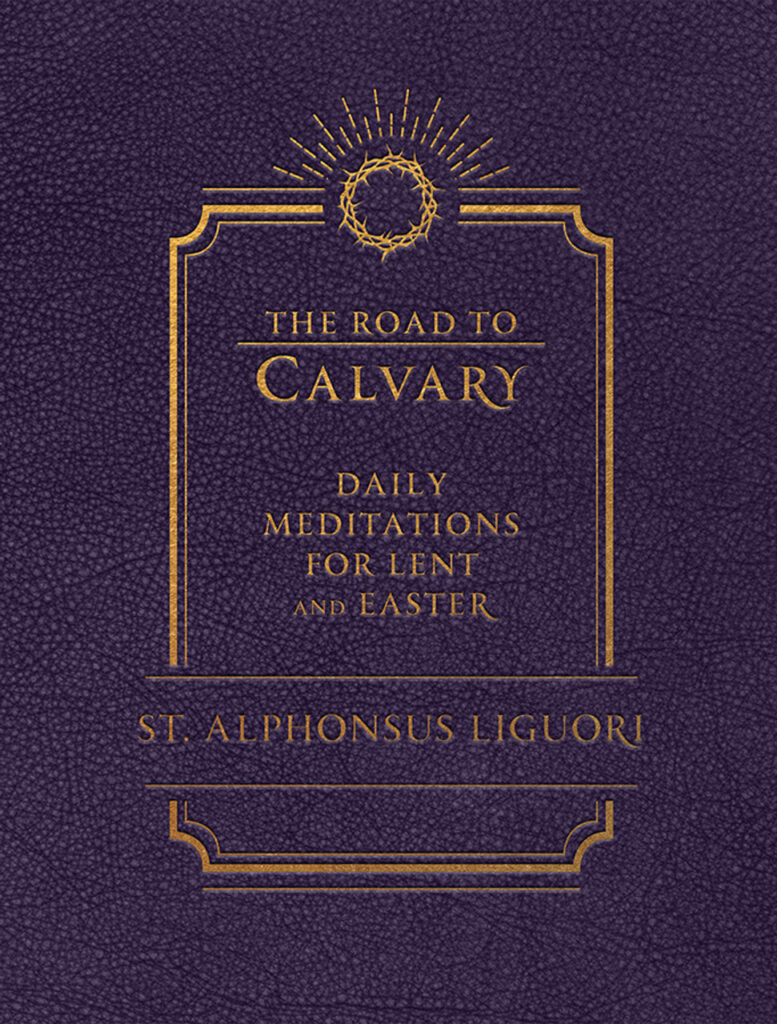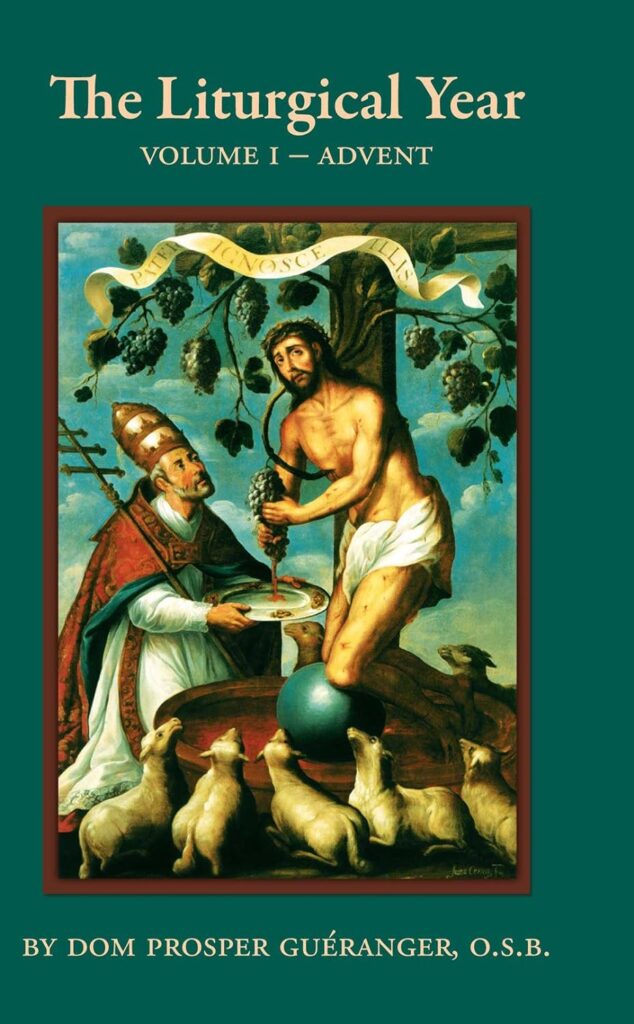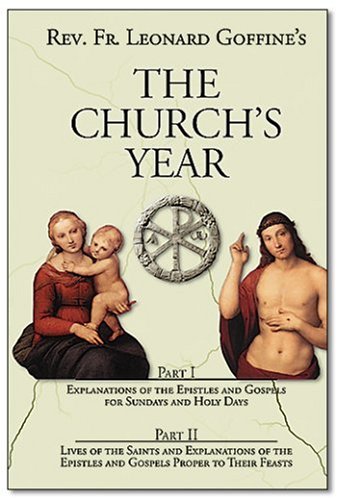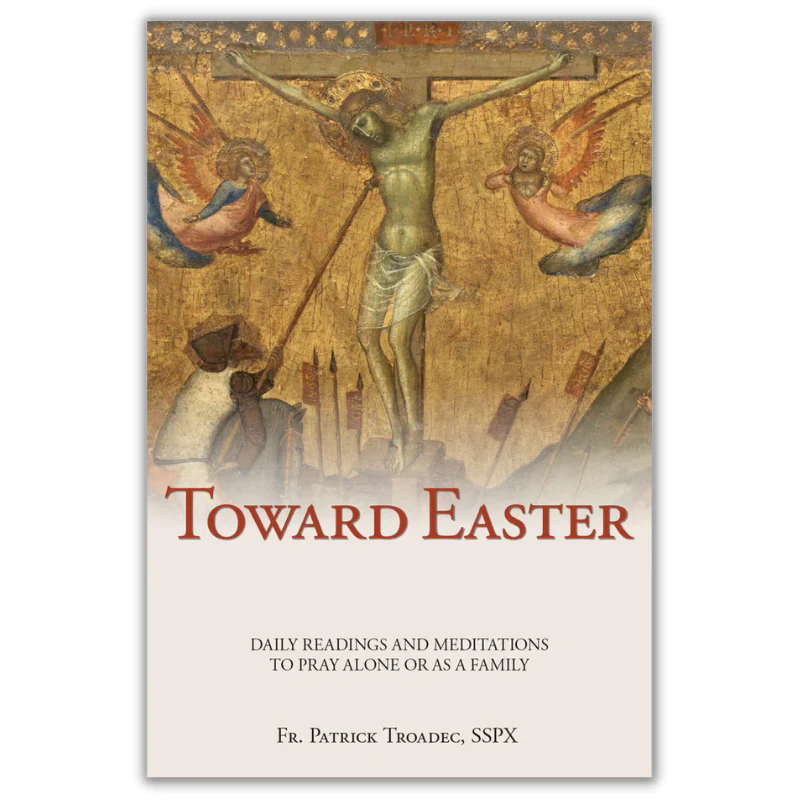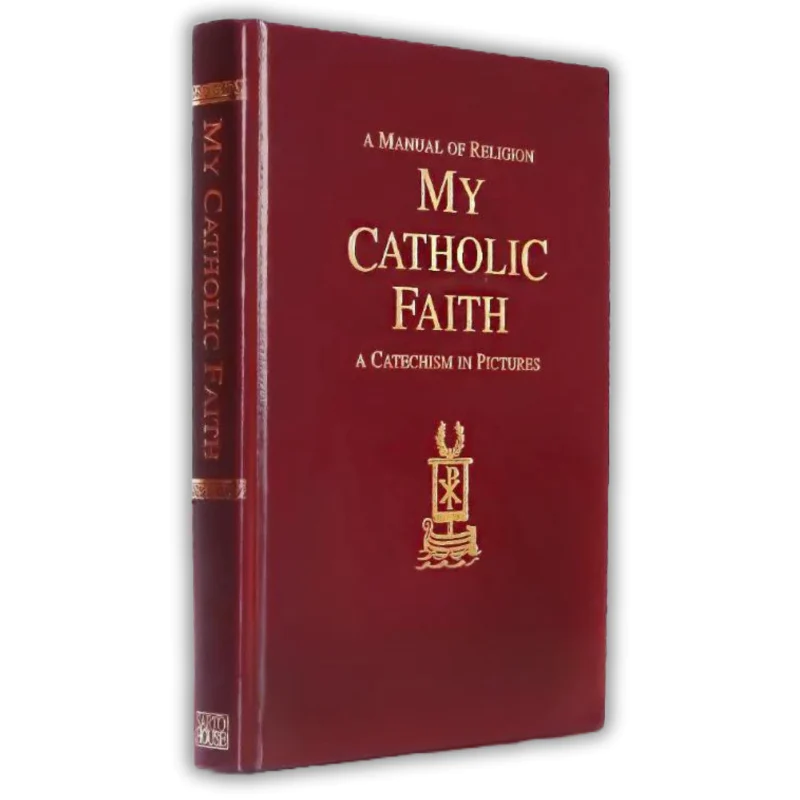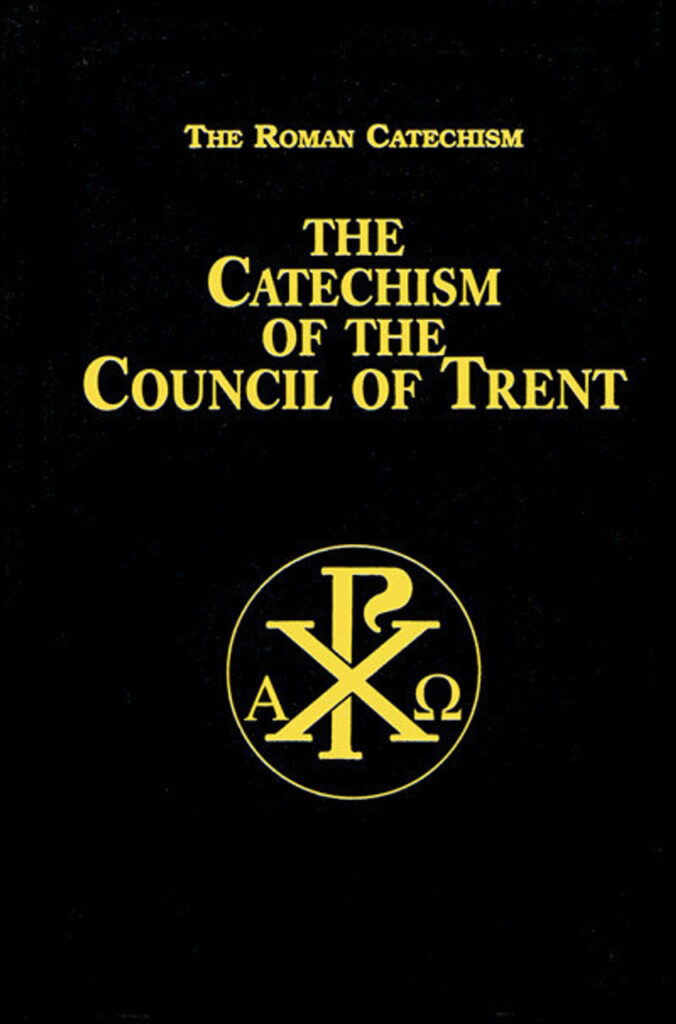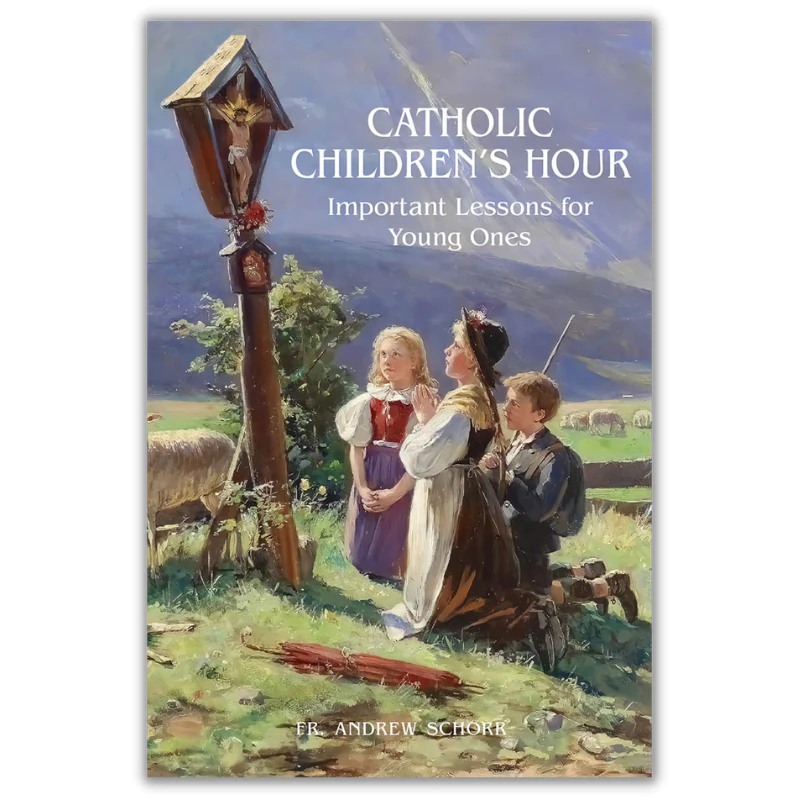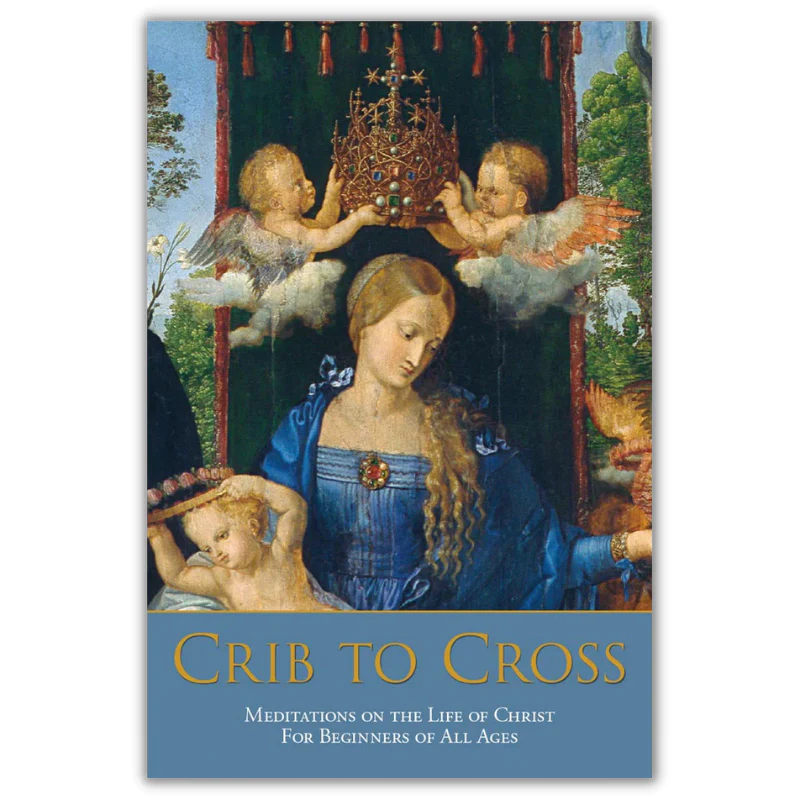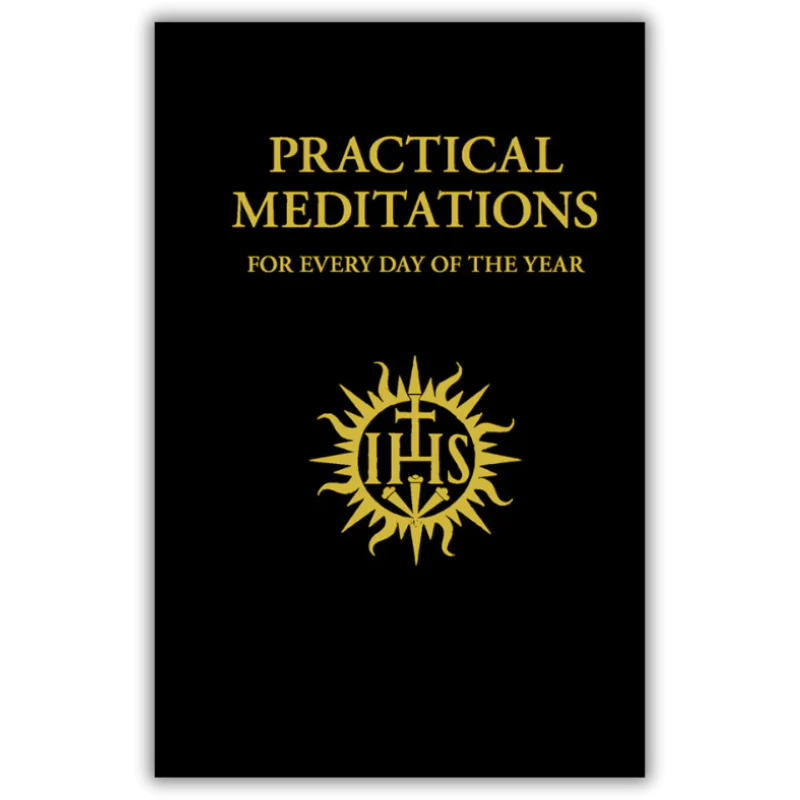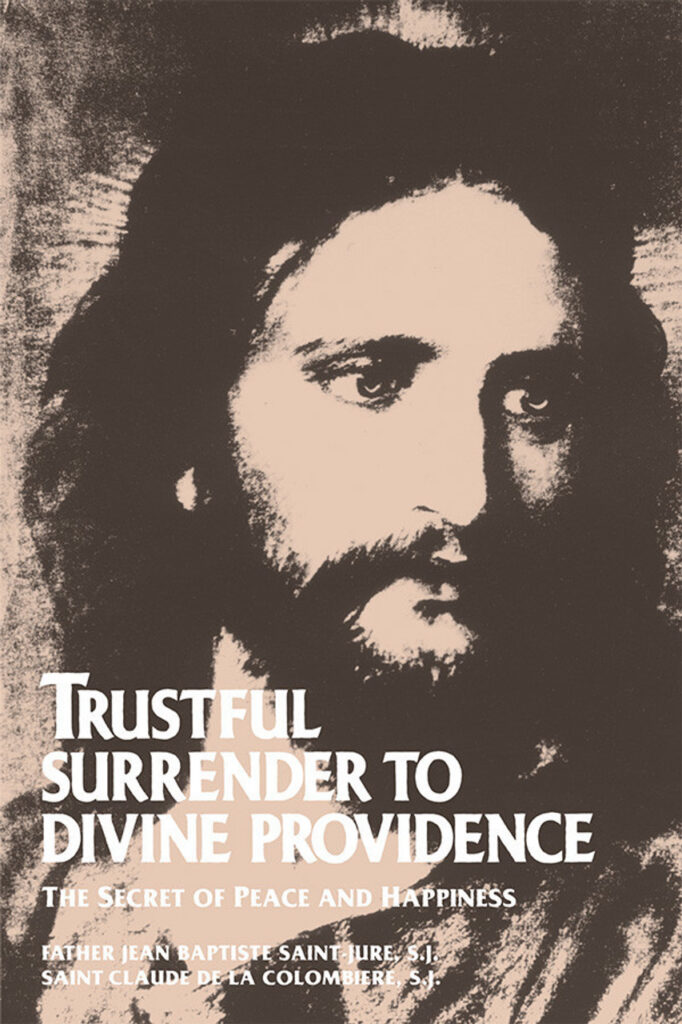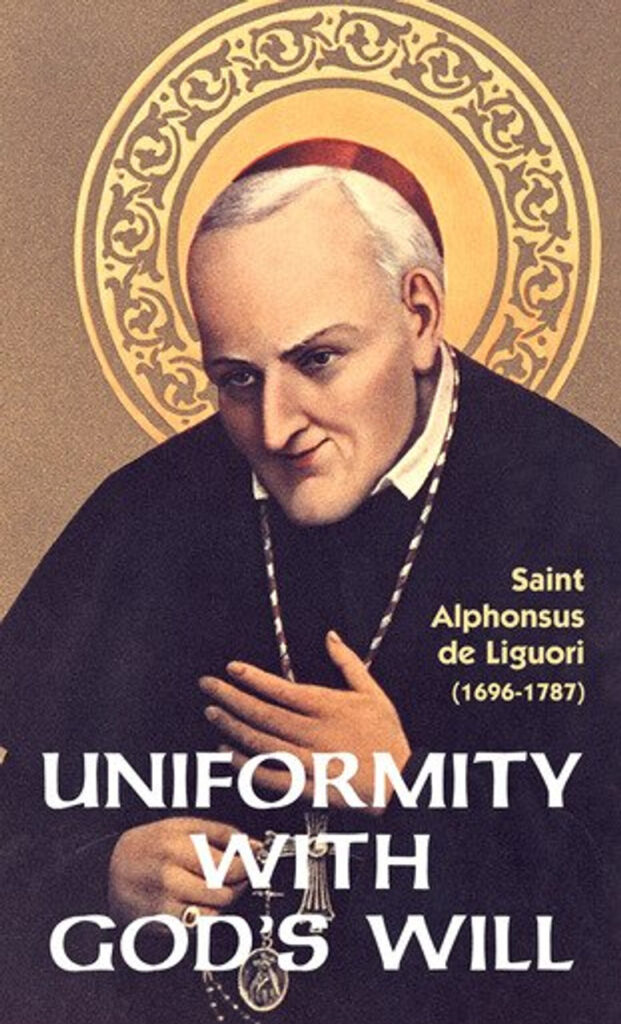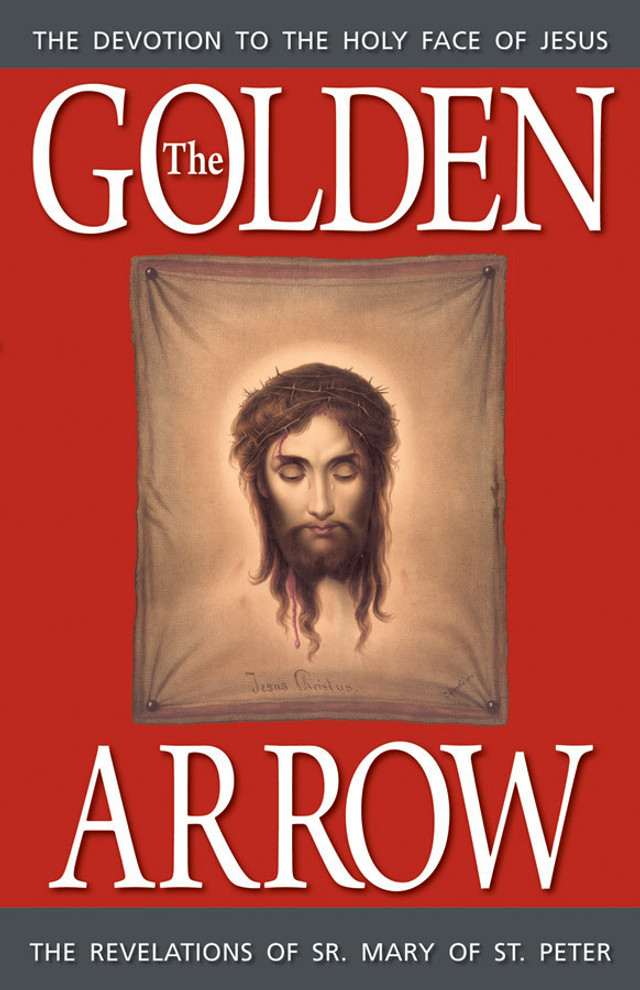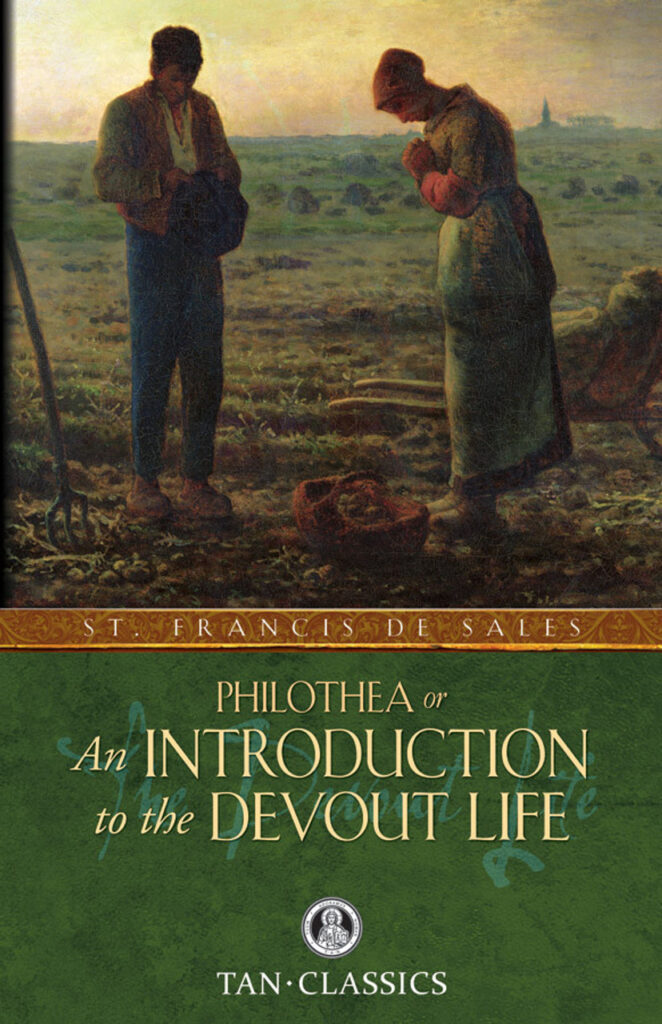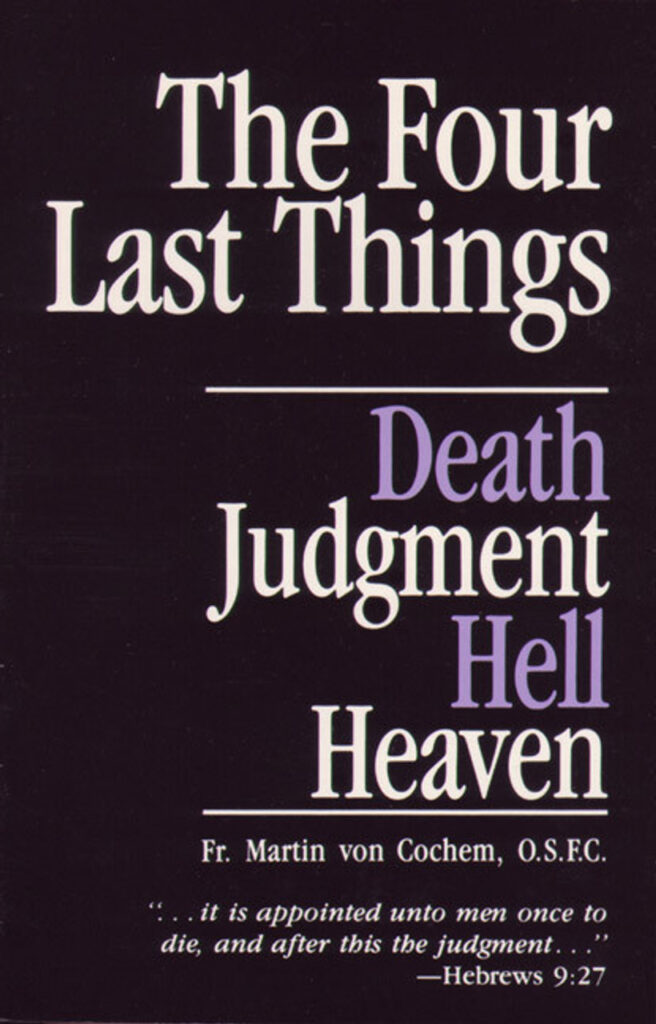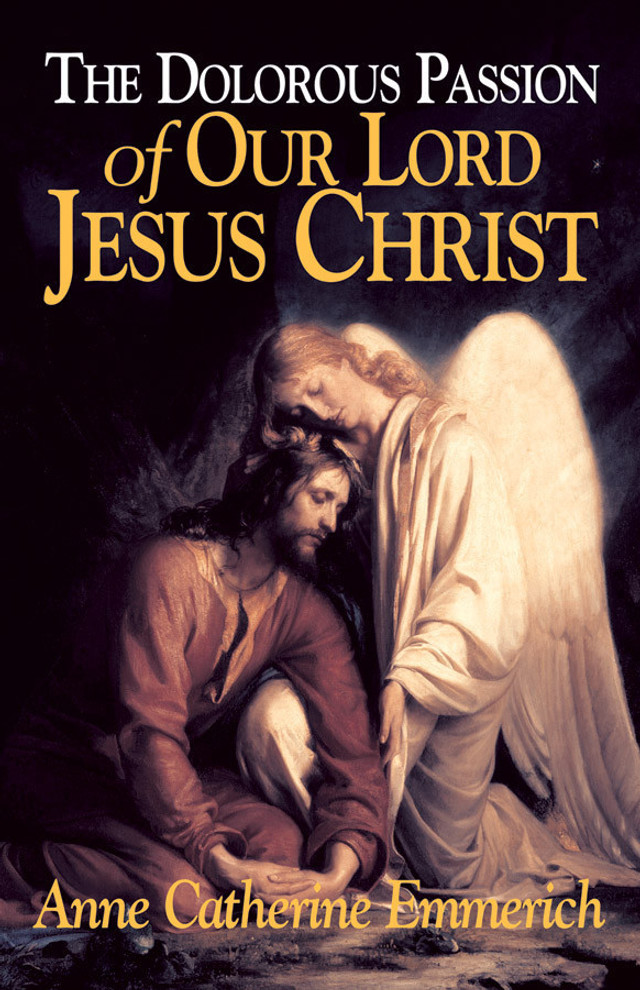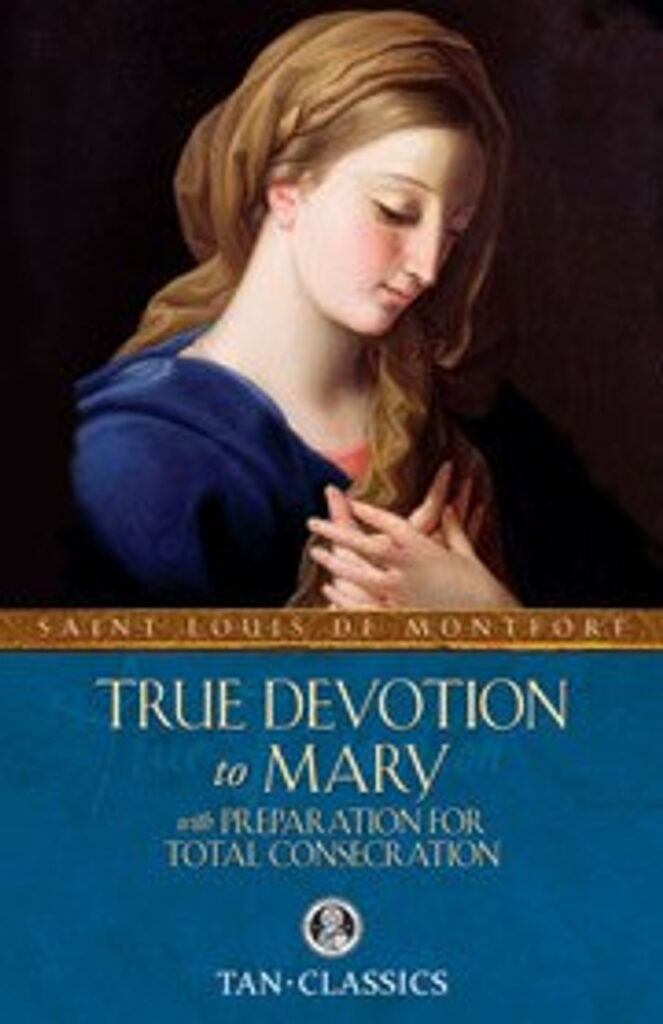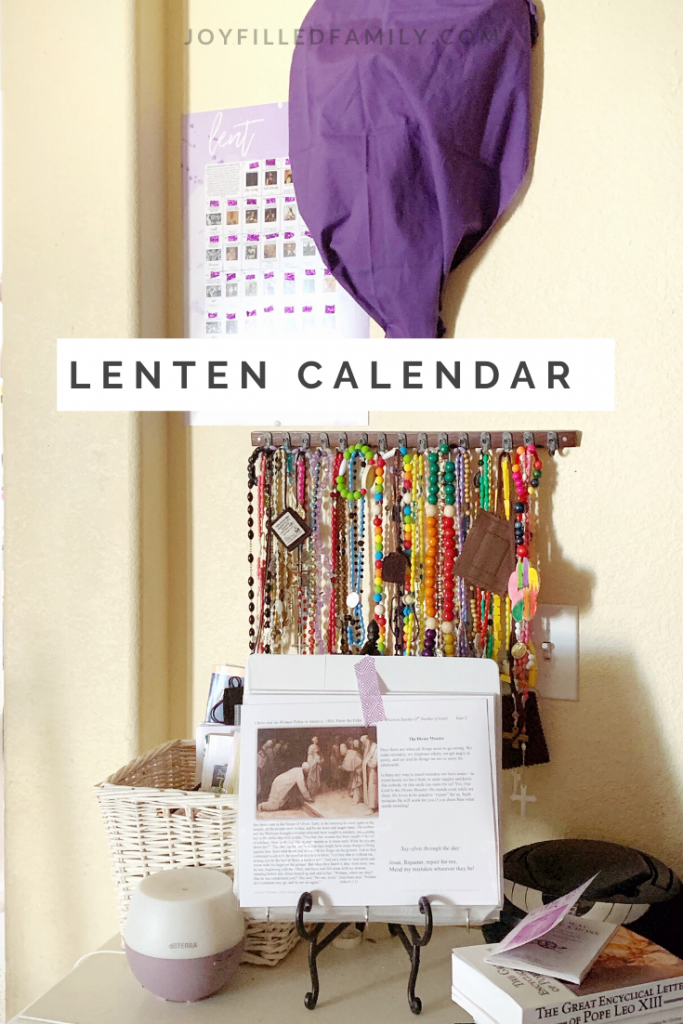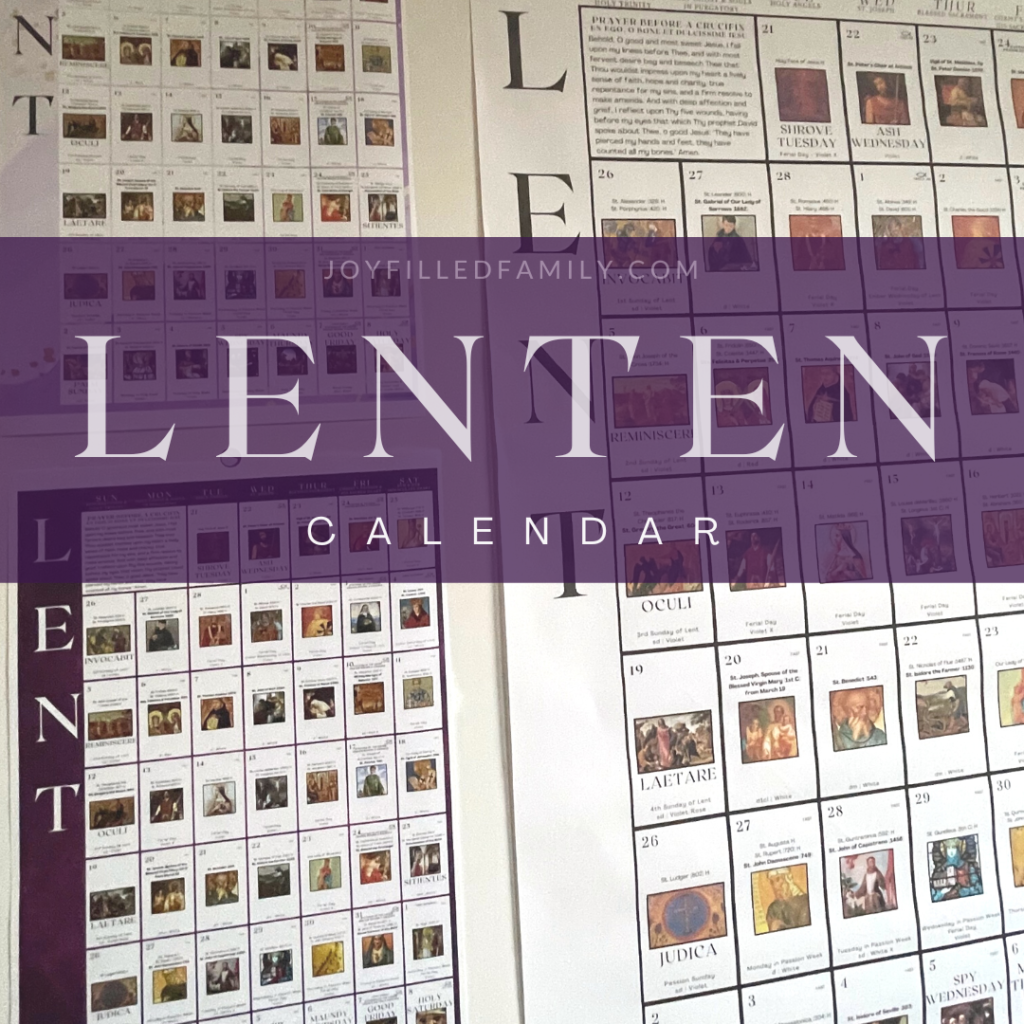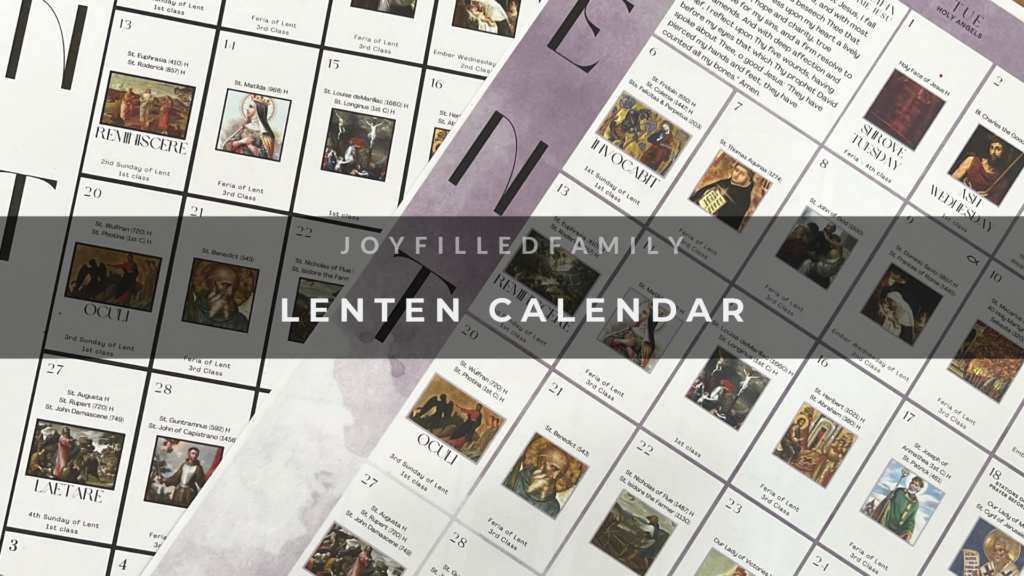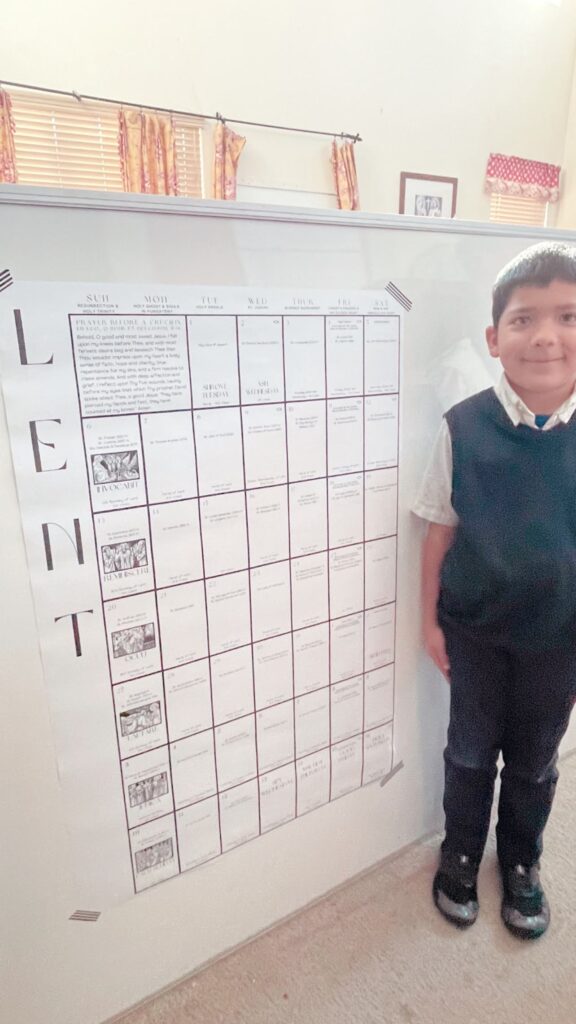Protected: Lenten Devotions: Practice of Christian Mortification
Protected: 2024 Lenten Calendar & Printables
Spiritual Reads & Devotionals
As we step into the sacred season of Lent, a time of purification, the call to tend to our spiritual lives with greater mindfulness becomes more pronounced. Lent invites us to shed attachments, overcome sin, and draw closer to Christ. Below are some recommendations of spiritual reads and devotionals that my family and I have been blessed by.
If you find these recommendations outside of Lent, don’t let that deter you—pursue them. One need not wait for a specific period to fulfill the duty of spiritual reading. Let the pursuit of wisdom be a constant, enriching every moment of your life.
Please note that this website and page may contain affiliate links, which means I may earn a commission if you make a purchase through those links. This comes at no additional cost to you. The small income generated helps support the maintenance of this site and the creation of valuable content. I only recommend products or services that I personally use and believe in.
If you find the information on this site helpful and choose to purchase products or services through the provided affiliate links, I genuinely appreciate your support. Your contributions assist in keeping this platform running and enable the continuous creation of quality content. Thank you for being a part of our community and for supporting this endeavor.
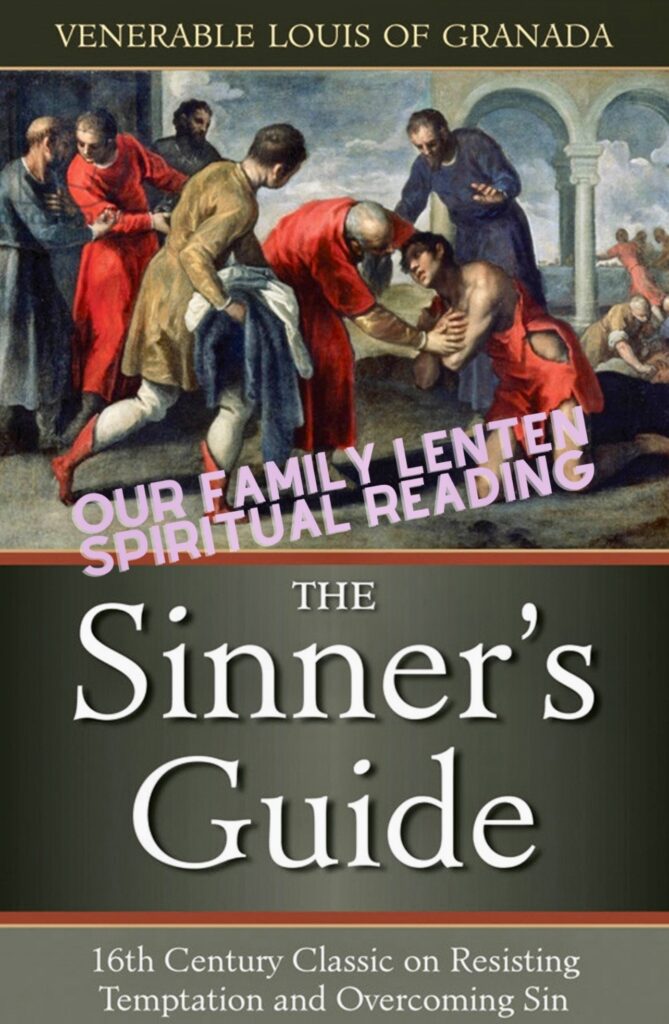
The Sinner’s Guide
Venerable Louis of Granada
This Lent, we are continuing a cherished spiritual practice that we returned to during Advent—family spiritual reading (reading the same book with each member having their own copy) during our daily devotions.
For this season of penance and renewal, we have chosen The Sinner’s Guide by Venerable Louis of Granada, a work that we will read alongside deeper instruction from a traditional priest.
Venerable Louis, known as the Saint Maker, was one of the most exceptional spiritual teachers of the 16th century. His work, compared to The Imitation of Christ, is both profound and practical, offering guidance on virtue, the dangers of vice, and the path to true conversion. The wisdom within these pages has been treasured by saints such as St. Teresa of Avila, St. Francis de Sales, and St. Vincent de Paul.
As we enter into this penitential season, may this reading serve as a guide in our pursuit of holiness, helping us to grow in virtue and root out the vices that hinder our union with Christ.
The Road to Calvary: Daily Meditations for Lent and Easter, St. Alphonsus Liguori
My family has been profoundly moved by St. Alphonsus Liguori. For several years, we’ve journeyed alongside him during Advent, and now, we’re eager to continue this enriching experience through Lent with “The Road to Calvary.” This accessible and insightful Lenten devotional offers daily meditations that guide us deeper into the season. St. Alphonsus Liguori’s words resonate with profound truths, providing invaluable guidance as we navigate our Lenten journey. Whether you’re new to his writings or a longtime admirer, this devotional is sure to enrich your spiritual life during this sacred season.
Click on the link above and use code: JOYFILLED15
The Daily Saint
Did you know that many saints, including St. Ignatius, advocated for the powerful practice of offering daily gratitude? St. Ignatius instructed that expressing thanks daily helps us recognize God’s presence in our lives, fostering a deeper appreciation for His love.
This journal is an accessible treasure for all ages, making it a perfect companion for any season of life. It is an excellent tool to foster the simple yet profound practice that will nurture your spiritual life and help you tend to your Rule of Life.
Currently, my family and I are gearing up for Lent, and we’ve decided to make this journal our cherished companion, turning it into a family gratitude journal. We’ll add it to our nightly family devotions to reflect on our blessings and deepen our Love of God.
Click on the link above and use code: JOYFILLEDFAMILY
-St. Therese of Lisieux
What most attracts God’s grace is gratitude, because if we thank him for a gift, he is touched and hastens to give us ten more, and if we thank him again with the same enthusiasm, what an incalculable multiplication of graces! I have experienced this; try it yourself and you will see! My gratitude for everything he gives me is limitless, and I prove it to him in a thousand ways.
The Liturgical Year
The Liturgical Year Set by Dom Prosper Guéranger is an invaluable resource that has profoundly impacted my family’s journey into the rich traditions of the Faith. This pivotal work propelled us into the practice of living liturgically within our home and daily lives. For years, we relied on the free online versions before adding a cherished hardbound set to our family library. As Lent approaches, delving into this wealth of wisdom promises not only to deepen one’s understanding of the liturgy but also to bring abundant spiritual merit. I highly recommend immersing yourself in the profound insights of Dom Prosper Guéranger’s “The Liturgical Year” for a transformative Lenten experience and to further study the Faith.
The Church’s Year
This traditional Catholic staple in our devotions, “The Church’s Year” by Fr. Leonard Goffine is an indispensable guide, especially in preparation for Holy Mass on Sundays. This traditional Catholic treasure provides profound explanations of the readings, insights into the liturgical year, and a comprehensive understanding of Catholic teaching. Its rich content enhances our spiritual journey, offering clarity and depth to our appreciation of the Mass and the traditions of our faith. If you seek a resource that bridges the gap between the liturgy and daily life, this work is a must-have for every Catholic family.
Toward Easter
My family has used and loved this Lenten devotional for years. It is concise but not watered down and can easily be adapted for younger children. The practical application provided gives sound direction for families to take throughout Lent.
My Catholic Faith
Catechism lessons should be part of the daily spiritual duties. What better time to recommit or begin this practice of offering your children catechism lessons than the Lenten Season? My Catholic Faith is a traditional treasure and very accessible.
Catechism of the Council of Trent
This one should be in all Catholic homes!
Children’s Hour
“Children’s Hour” has become one of my favorite companions during noonday reflections at the kitchen table while my boys enjoy their lunch in silence. This delightful resource beautifully intertwines with the liturgical calendar, offering sweet and meaningful lessons that resonate with both young and mature hearts alike. It’s a precious moment of shared reflection that brings a touch of grace to our daily routine. For those seeking a valuable addition to family devotions, “Children’s Hour” is a gem that sparks thoughtful contemplation and strengthens the bonds of faith.
Crib to Cross: Meditations on the Life of Christ, 1882
Meditating on the life of Christ is necessary for all Catholics and pertinent for the Lenten Season. This book was designed with the young person in mind but can be used by all ages — great for families! Its simplicity and depth resonate with readers, urging them to embrace prayer and sacrifice, fostering a deeper connection to our Faith and helping one grow in meditative prayer.
Practical Meditations for Every Day of the Year
Having used Divine Intimacy for several years, I was delighted to discover this recent print of an old treasure. Originating from 1868, this timeless gem, recommended by clergy and laity alike, offers daily meditations and spiritual reading for the liturgical year. It’s a simple yet powerful tool for transforming your spiritual life through consistent daily reflections.
Trustful Surrender to Divine Providence: The Secret of Peace and Happiness, St. Claude de la Colombière, Fr. Jean Baptiste Saint-Jure
There are so many timeless masterpieces that I could share. But some are overlooked or loose devotees as the years go on. I believe this is one of those gems. St. Claude de la Colombière unveils the profound wisdom of trustful surrender to Divine Providence. Offering insights into the secret of true peace and happiness, this spiritual gem navigates the complexities of life. It is a transformative guide –great for anyone desiring to more fully detach – even highschoolers.
Click on the link above and use code: JOYFILLED15
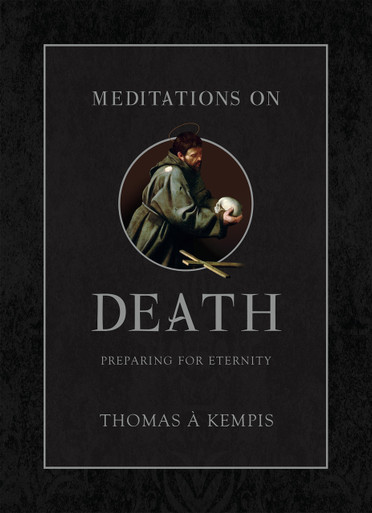
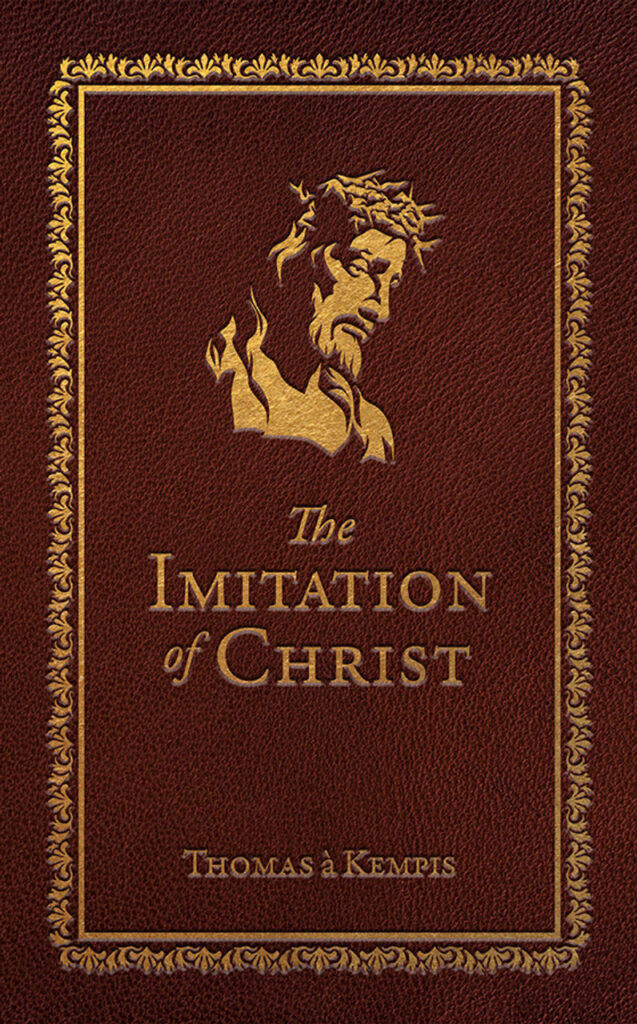

Thomas A. Kempis
I can’t recommend the works of Thomas A. Kempis highly enough! His small yet profound meditations offer timeless wisdom that can be savored for any length of time. Whether you have a few moments or an extended period for meditation, Kempis’s reflections provide invaluable insights to enrich your spiritual life and depend your faith.
Click on the link above and use code: JOYFILLED15
Uniformity with God’s Will, St. Alphonsus Liguori
The necessity of spiritual reading like “Uniformity with God’s Will” by St. Alphonsus Liguori cannot be overstated. In this timeless masterpiece, St. Alphonsus provides profound insights into aligning our will with God’s divine plan. As we navigate life’s challenges and joys, this spiritual gem offers clarity, guidance, and a deeper understanding of surrendering to God’s will. It’s a transformative read that resonates with relevance in every aspect of our lives, leading us to a place of peace and true fulfillment.
Click on the link above and use code: JOYFILLED15
The Golden Arrow: The Revelations of Sr. Mary of St. Peter, Sr. Mary of St. Peter, OCD
The devotion of the Holy Face of Jesus is an ancient and venerable Catholic practice rooted in the representation of the face of Christ said to have been left on the towel or veil used by a holy woman thought to be named, Veronica. An Archconfraternity of the Holy Face was established in Tours, France, 1884; its members make reparation for the blasphemies hurled at Christ. The Golden Arrow tells of both the life of Sister Mary of Saint Peter and her life’s work: the devotion, granted to her by Jesus Himself, to His Holy Face. Approved by Pope Leo XIII and promoted by St. Therese of Lisieux half a century later, the devotion to the Holy Face may be the single most important devotion of our time that still remains relatively unknown.
Click on the link above and use code: JOYFILLED15
An Introduction to the Devout Life
Addressed as a personal letter to Philothea (“lover of God”) this book covers all the parts of a devout life:
- Our desire to lead a devout life
- Our full resolution to do so
- How we should approach God in prayer and the Sacraments
- The practice of 16 important virtues
- Remedies against ordinary temptations
- And confirmation in our practice of devotion
Click on the link above and use code: JOYFILLED15
The Four Last Things: Death, Judgment, Hell, Heaven, Fr. Martin Von Cochem, OSF 1889
The Four Last Things should be meditated on regularly, but even more so during Lent. This treatise provides many points of meditation. This profound work not only deepens our Lenten reflections but also becomes a steadfast companion for regular contemplation, guiding us toward a fuller understanding of our spiritual path.
Click on the link above and use code: JOYFILLED15
The Dolorous Passion of Our Lord Jesus Christ: From the Visions of Anne Catherine Emmerich
We must all meditate on the Life of Christ and most especially His Passion. Blessed Anne Catherine Emmerich was a visionary and mystic. Her works are profound and offer vivid look into the life of Christ. Inspired by the Gospel of John (21:25), this book, whose visions influenced “The Passion of the Christ” film, invites readers to meditate on the depths of Christ’s suffering, fostering increased love for God. Blessed Anne’s visions helps us to meditate profoundly on Christ’s suffering, fostering a deeper connection and love for Him.
Click on the link above and use code: JOYFILLED15
True Devotion to Mary with Preparation for Total Consecration, St. Louis de Montfort
The Total Consecration to Jesus through Mary, as prescribed by St. Louis de Montfort, stands as one of the most efficacious devotions. It offers a profound way to deepen our relationship with Christ and surrender ourselves entirely to His will through the loving guidance of Our Blessed Mother Mary. This devotion is not to be delayed; it is a powerful spiritual practice that can transform lives and families.
Click on the link above and use code: JOYFILLED15
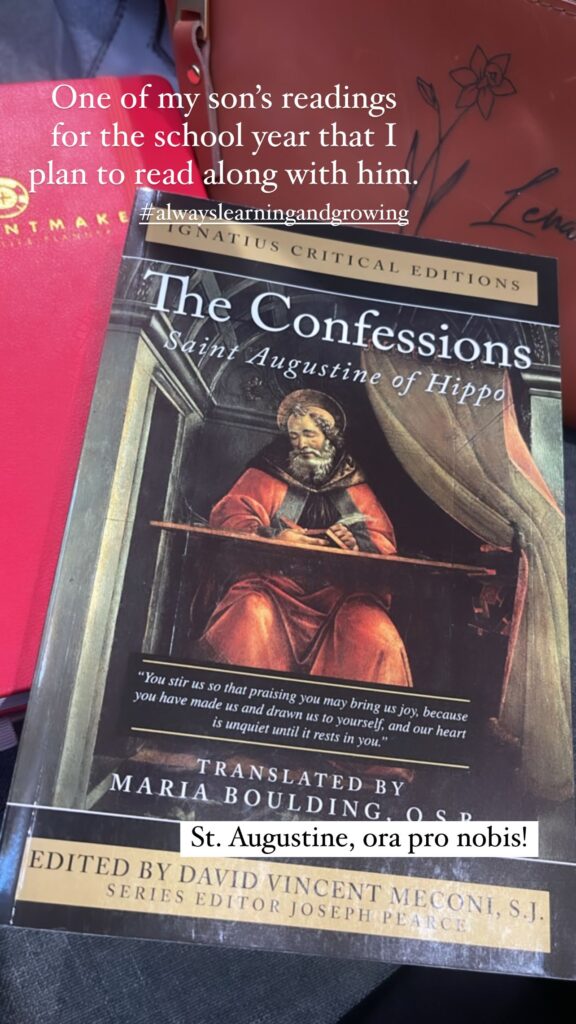



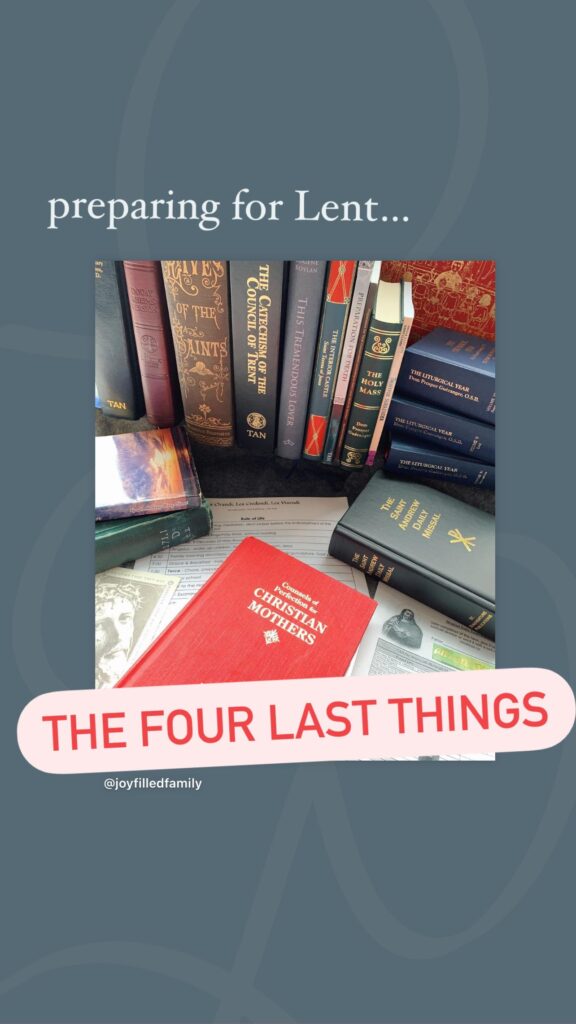

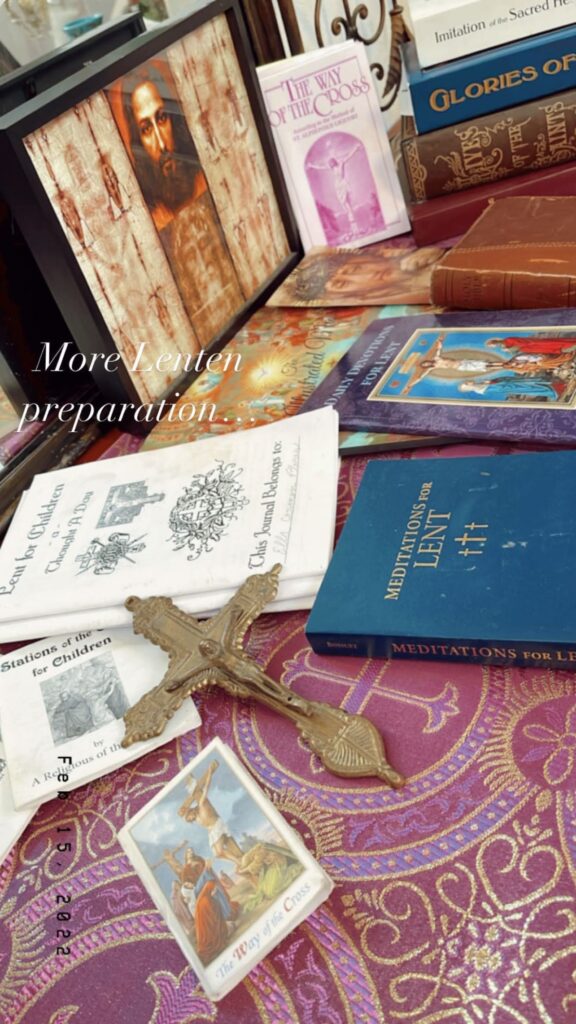
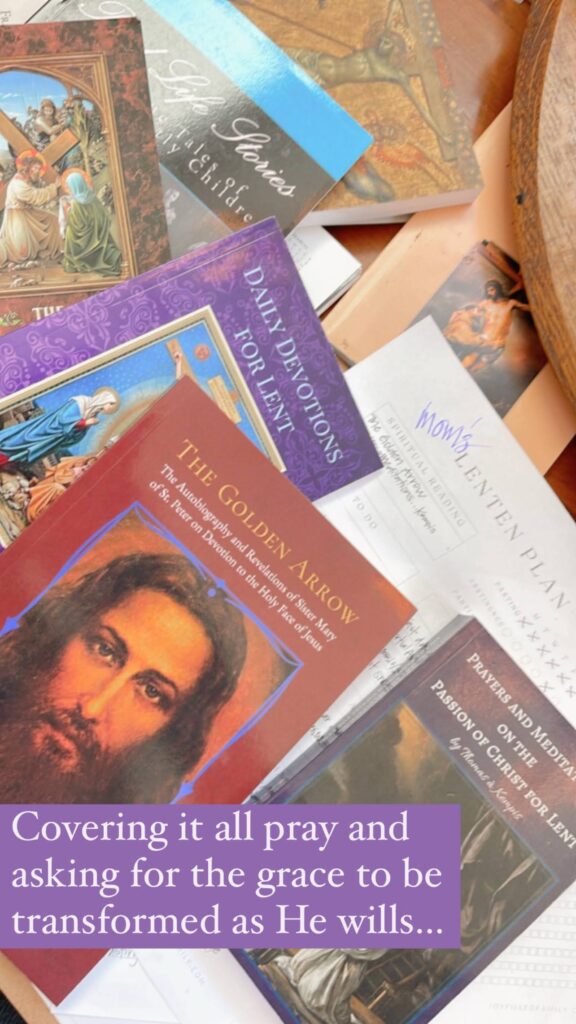
OTHER BOOKS:
- Traditional Catholic Spiritual Reading
- Traditional Catholic Books for Children
- Holy Mass Missals
- Marian Books
- Liturgical Living TLM
- More Book Recommendations — Shared in IG Stories
Lenten Calendar & Planner
This printable will help you keep track of your resolutions and plan throughout the Lenten season. Learn more at the link above.
This resource is a labor of love. But well worth it as it is something that we use in our home to help us live out the Faith and tend to our Rule of Life within the Advent season.
Please note that this website and page may contain affiliate links, which means I may earn a commission if you make a purchase through those links. This comes at no additional cost to you. The small income generated helps support the maintenance of this site and the creation of valuable content. I only recommend products or services that I personally use and believe in.
If you find the information on this site helpful and choose to purchase products or services through the provided affiliate links, I genuinely appreciate your support. Your contributions assist in keeping this platform running and enable the continuous creation of quality content. Thank you for being a part of our community and for supporting this endeavor.
2024 Lenten Planner & Calendar
Ash Wednesday is February 14 this year. Septuagesima in 2024 starts on Sunday, January 28. Septuagesima is the season that preludes to the penitential mortifications of Lent and is a time to prepare.
The Church, therefore, has instituted a preparation for the holy time of Lent. She gives us the three weeks of Septuagesima, during which she withdraws us, as much as may be, from the noisy distractions of the world, in order that our hearts may be the more readily impressed by the solemn warning she is to give us, at the commencement of Lent, by marking our foreheads with ashes.The Liturgical Year by Dom Guéranger, Septuagesima
This Lenten Calendar was created several years ago and my children insist that we have it every Lent. It’s not grand by any means but it goes to show that a simple visual can have a great impact on all ages. I encourage you to find what your family can be fond of as you set to grow closer to Christ in Lent.
Please do not think that your Lenten plans must be extravagant or lengthy. There are many fruits to be found in a simple rhythm during all seasons, especially in the most penitential season of the year.
The institution of Lent is thus brought before us with everything that can impress the mind with its solemn character and with its power to appease God and purify our souls. Look beyond the little world that surrounds us and see how the entire Christian universe is, at this very time, offering forty days’ penance as a sacrifice of propitiation to the offended Majesty of God. – Abbot Gueranger, O.S.B.’s The Liturgical Year.
As always, you are invited to use this Lenten Calendar for your personal use.
This Lenten Calendar is set for a minimum offering. You may offer more if you wish but it is not required or expected. If you desire to print this calendar but are unable to pay, do not hesitate to reach out.
- You may download and print the calendar for your personal use.
- You may also link to this post but please do not link directly to the file download.
- Email me at JOYfilledfamily{at}gmail{dot}com if you need my assistance.
- This year’s calendar prints best as 11×17 or 24×36.
- Staples offers inexpensive printing options. The colored prints can be printed on 65-63 lb 11×17 for less than $2. The BW Calendar can be printed as a 24×36 “Blue Print” ($3.80) or colored for under $10– It’s thin paper but large and easy to read.
⋅⋅⋅⋅⋅⋅
Includes variations of the 2024 Calendar & several Lenten Planning Sheets!
O most benign Jesus! who didst so desire to suffer for us, grant, that we may willingly suffer for love of Thee; that we may hate and flee from the detestable pleasures of the world and the flesh, and practice penance and mortification, that by so doing we may merit to be released from our spiritual blindness to love Thee more and more ardently, and finally possess Thee forever.
⋅⋅⋅⋅⋅⋅
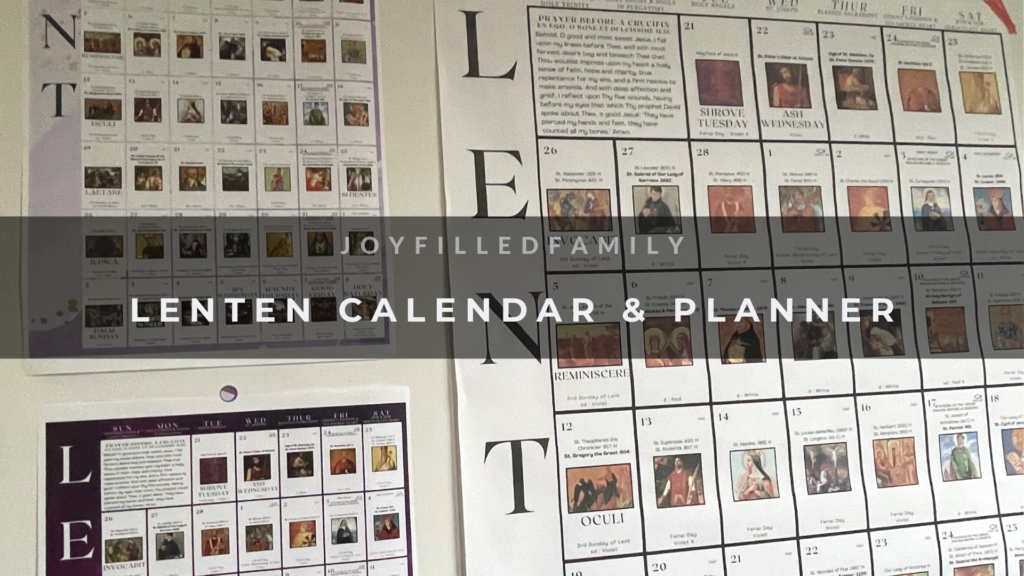
2024 Lenten Calendar Guide:
- This calendar follows the Liturgical Calendar of the Traditional Roman Rite (with rubrics from St. Pope Pius X)
- Saints are listed on Feria Days so we can invoke their intercession on their patronal feast day.
- Saints listed with “H” are from the Historical Calendar
- Each saint featured by a picture is identified by the name immediately above the image
- This calendar is the work of a lay Catholic for one’s personal observance of Lent and private devotions
2024 Planner:
- Liturgical Planner | Lent Feastday Planner – printed and used to help you plan for holy days & feastdays in the Lenten, Easter, Pentecost, and Time after Pentecost, season – 6 pgs
- Lent Examination for the duration of Advent 2024 – 1 pg
- Lent Plan to document your resolutions – 2 pgs
- Lent Calendar – one dated and one blank to use as needed – 2 pgs
- Lent Weekly Log to track resolutions – 8 pgs
- Lent Calendar 2024 – list form for easy reference. 2 pgs
⋅⋅⋅⋅⋅⋅
Below are FREE Lenten Resources
Lenten Resources for Children:
- Lent Questions & Answers
- Printable Lenten Plan – Blank for all ages
- Lent Planning Worksheet – Rorate Caeli
- Empty Tomb Garden
- Lenten Family Joy Journal
- Stations of the Cross Candles
- Resurrection Eggs
- Stations of the Cross for Children & Stations of the Cross Box – Family, Feast, and Feria
- Stations of the Cross Coloring Booklet – Catholic Playground
- Stations of the Cross Coloring Page – Catholic Playground
Lenten Spiritual Reading & Sermons:
- The Gospels for Lent and the Passion of Christ : readings at divine service during the forty days of Lent with short meditations for the faithful
- Lent and Holy Week : chapters on Catholic observance and ritual
- Meditations for Lent from St. Thomas Aquinas
- Homilies for Lent from the Church Fathers – audio: part 1, part 2, part 3, part 4, part 5
- FREE Traditional Catholic Books
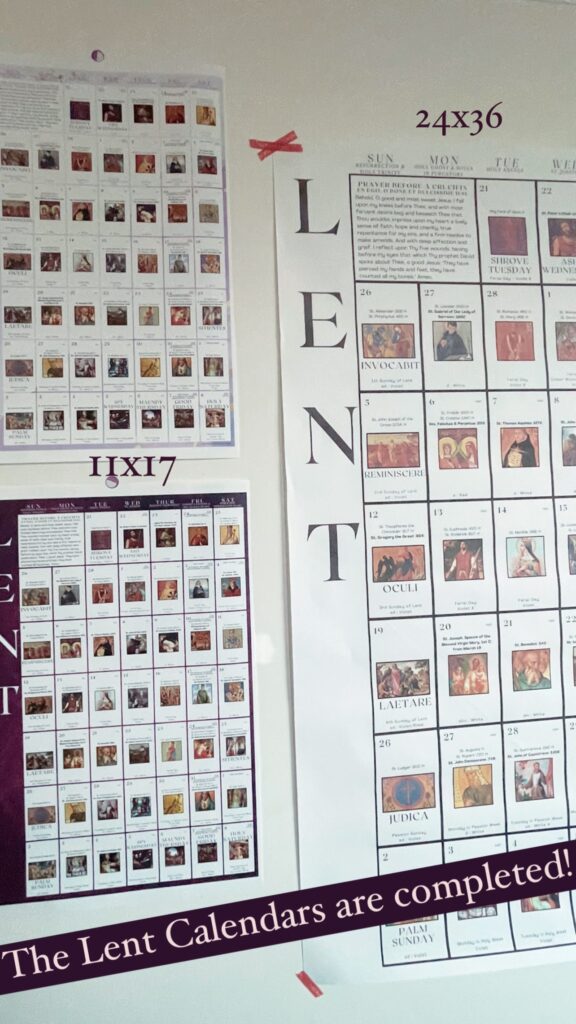

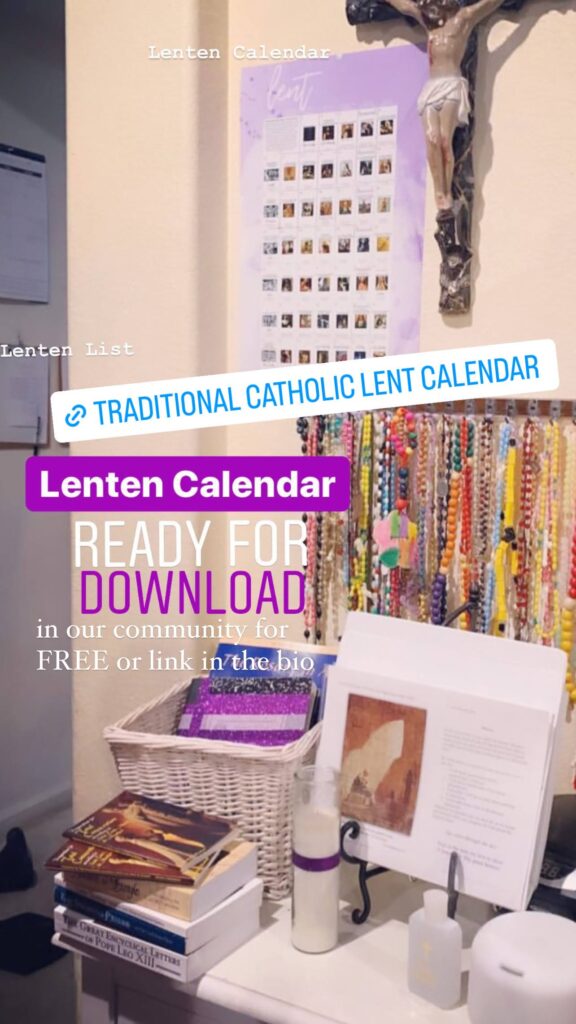
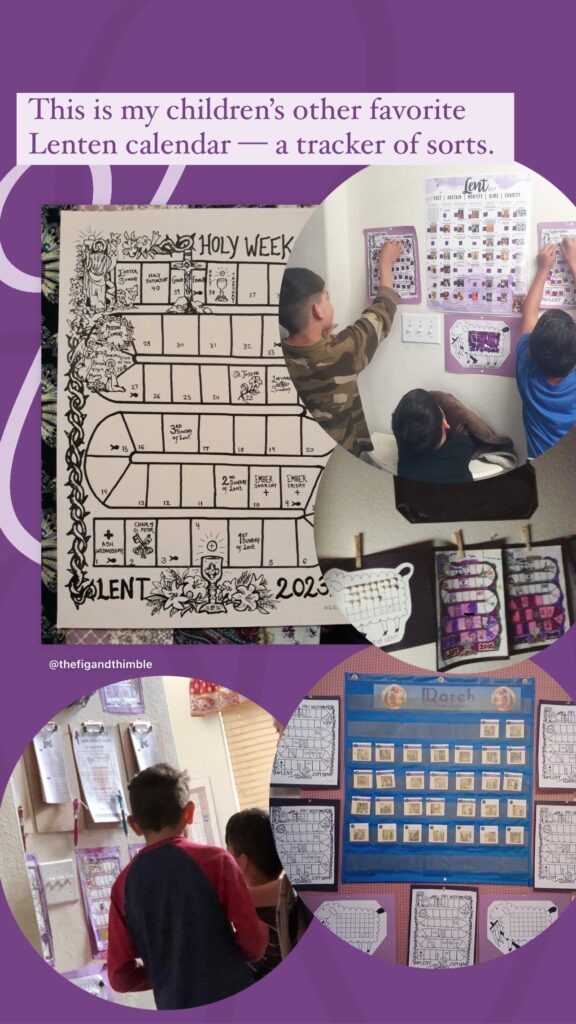
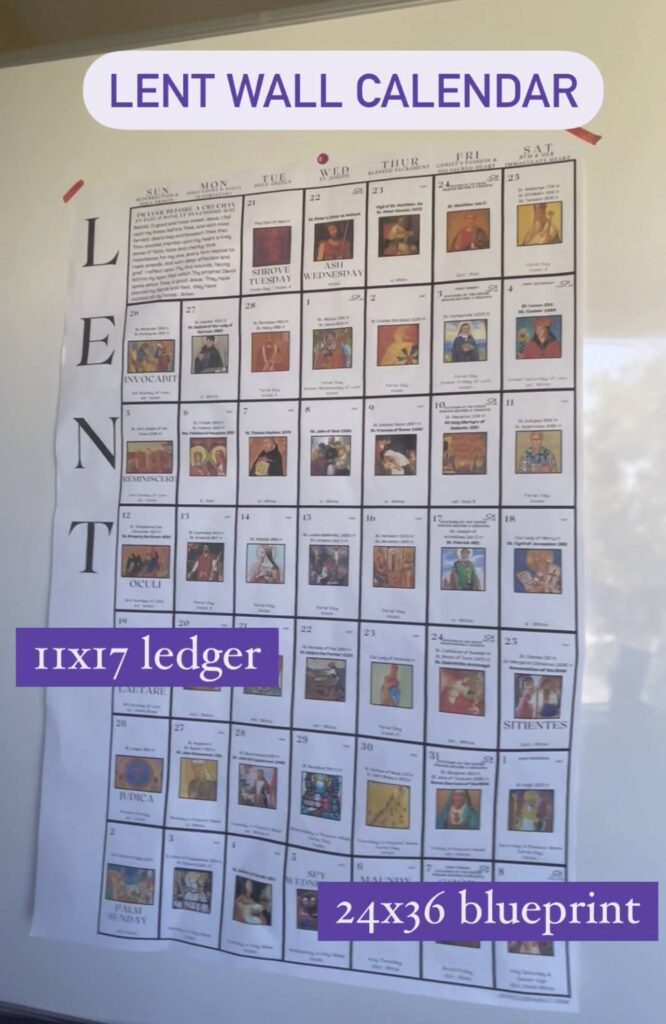
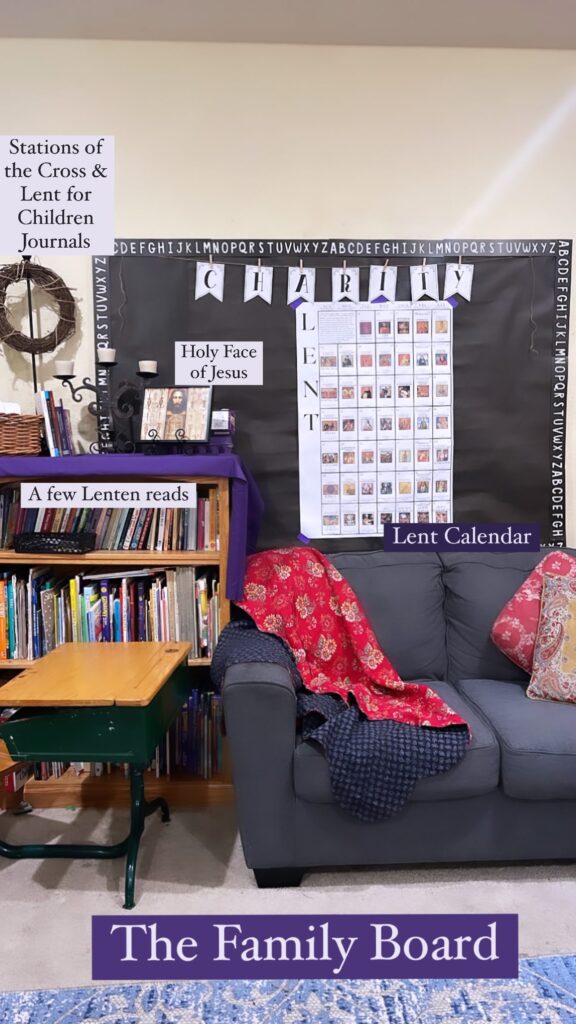
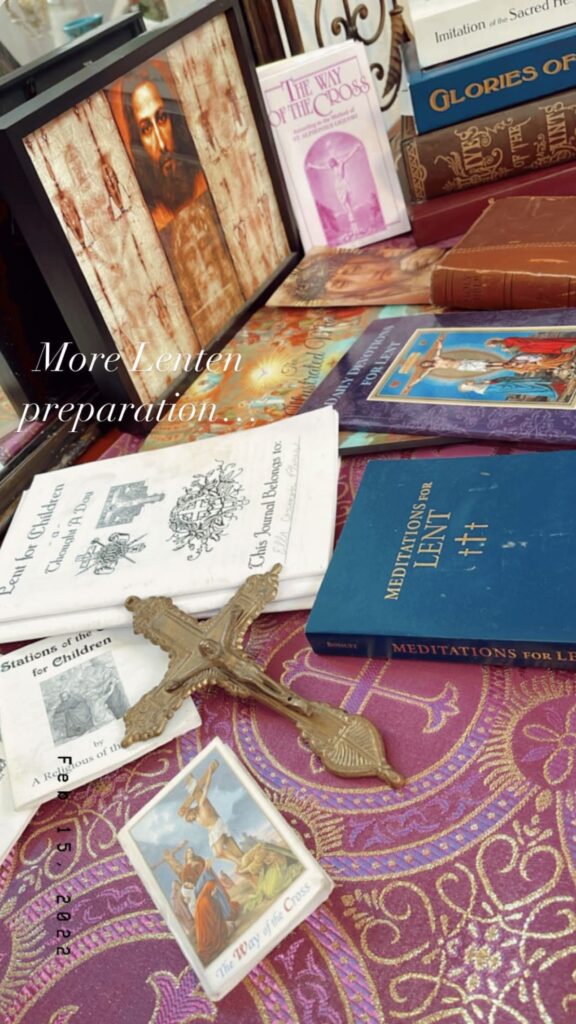
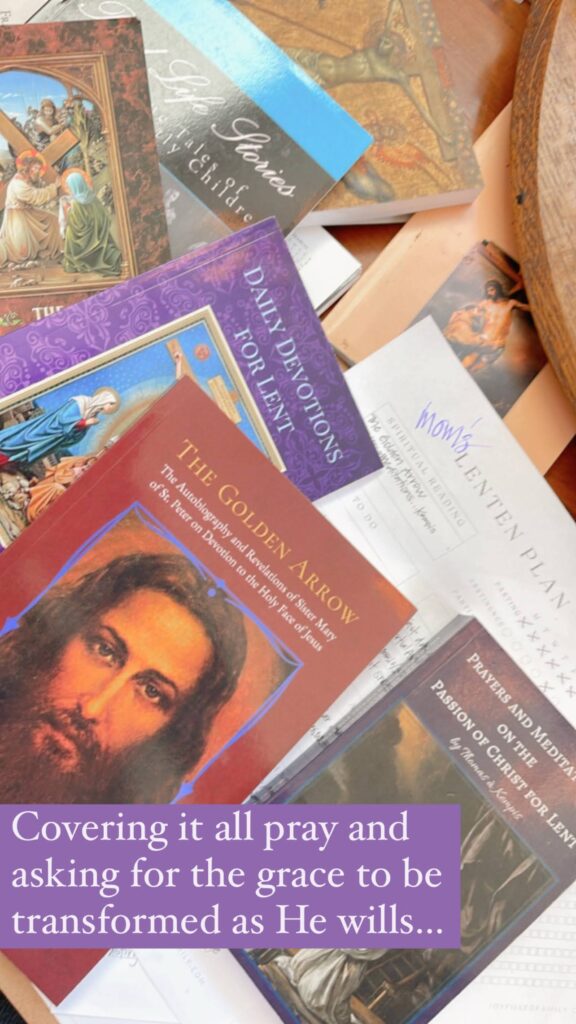
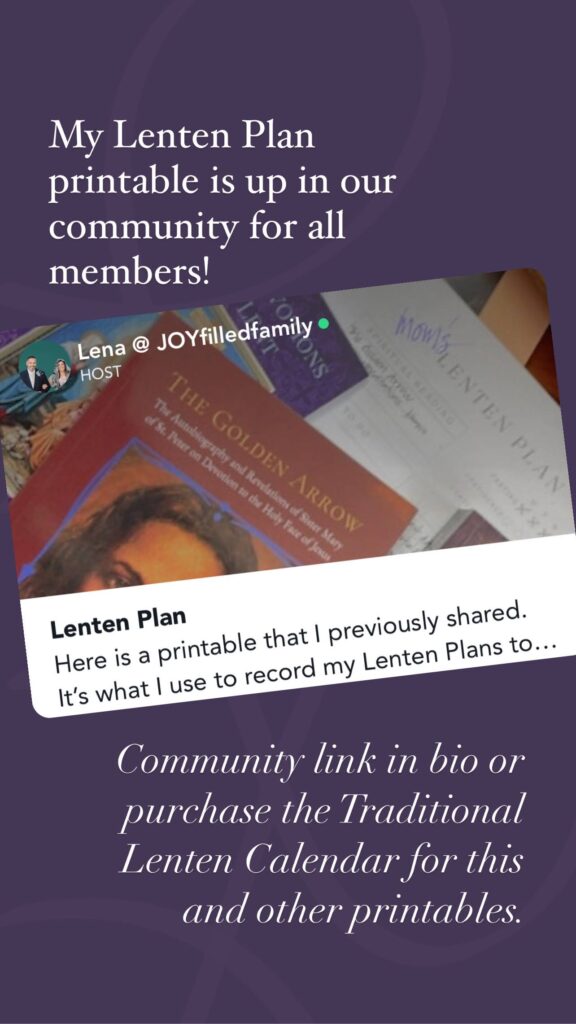
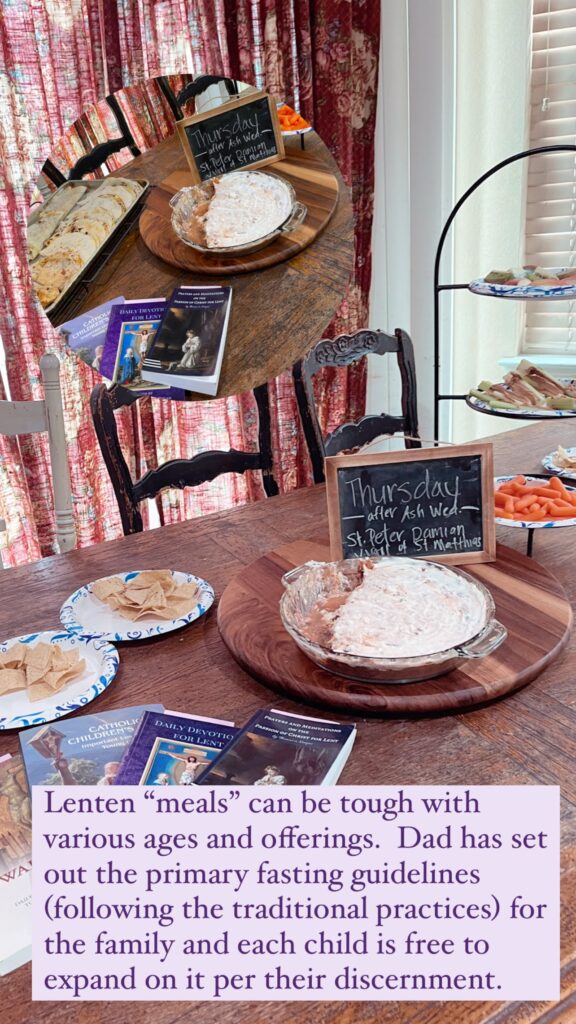

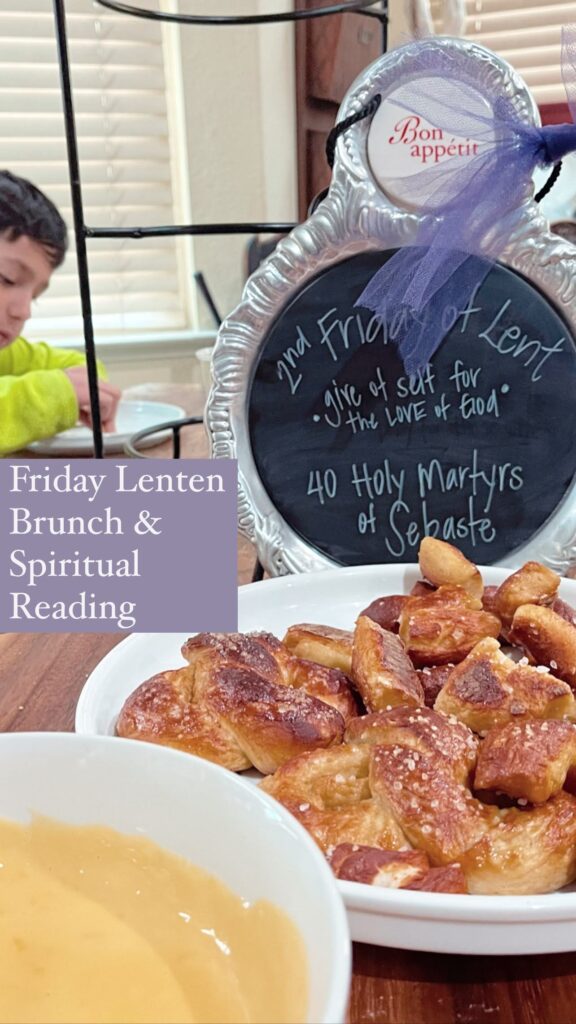
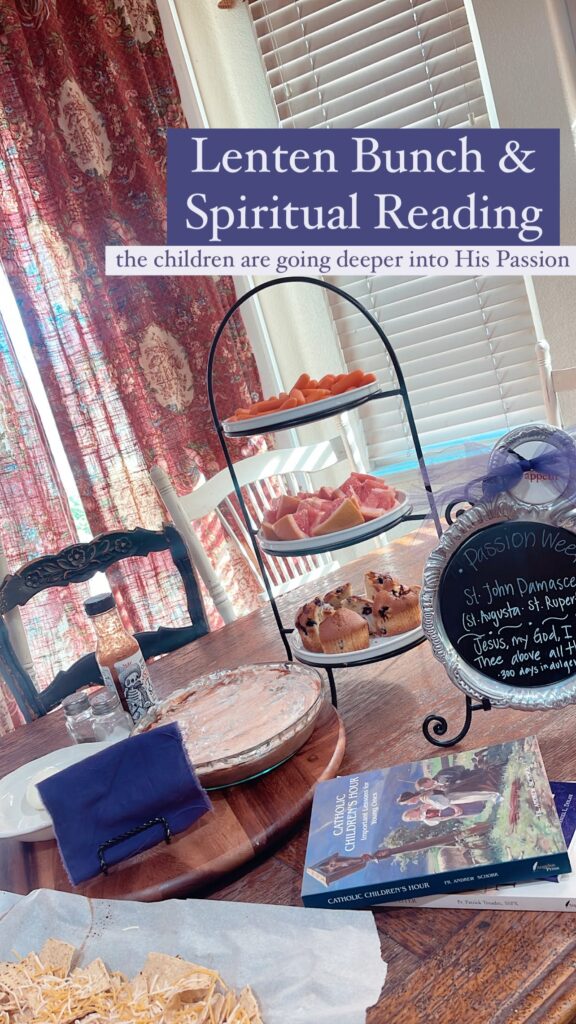
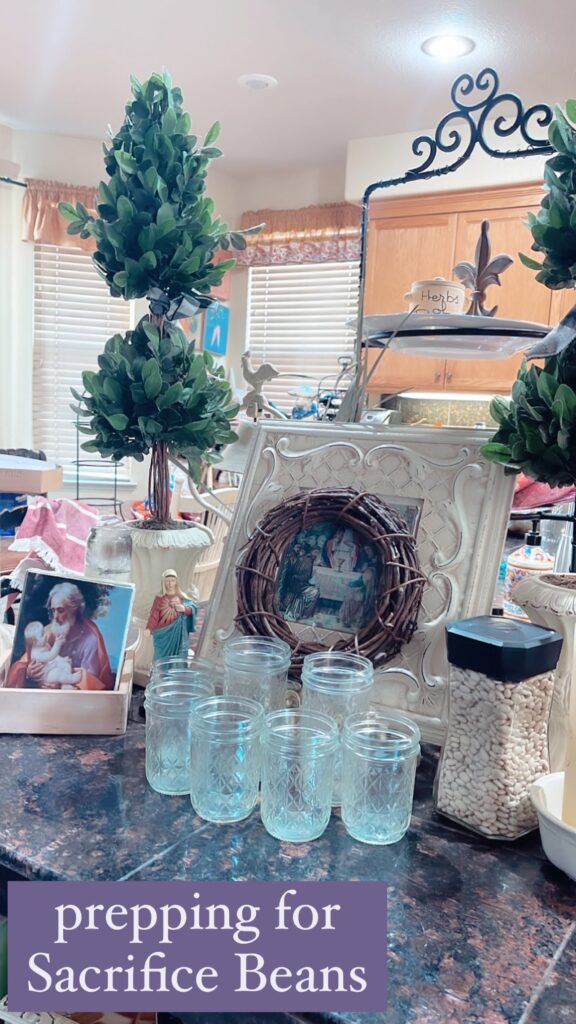
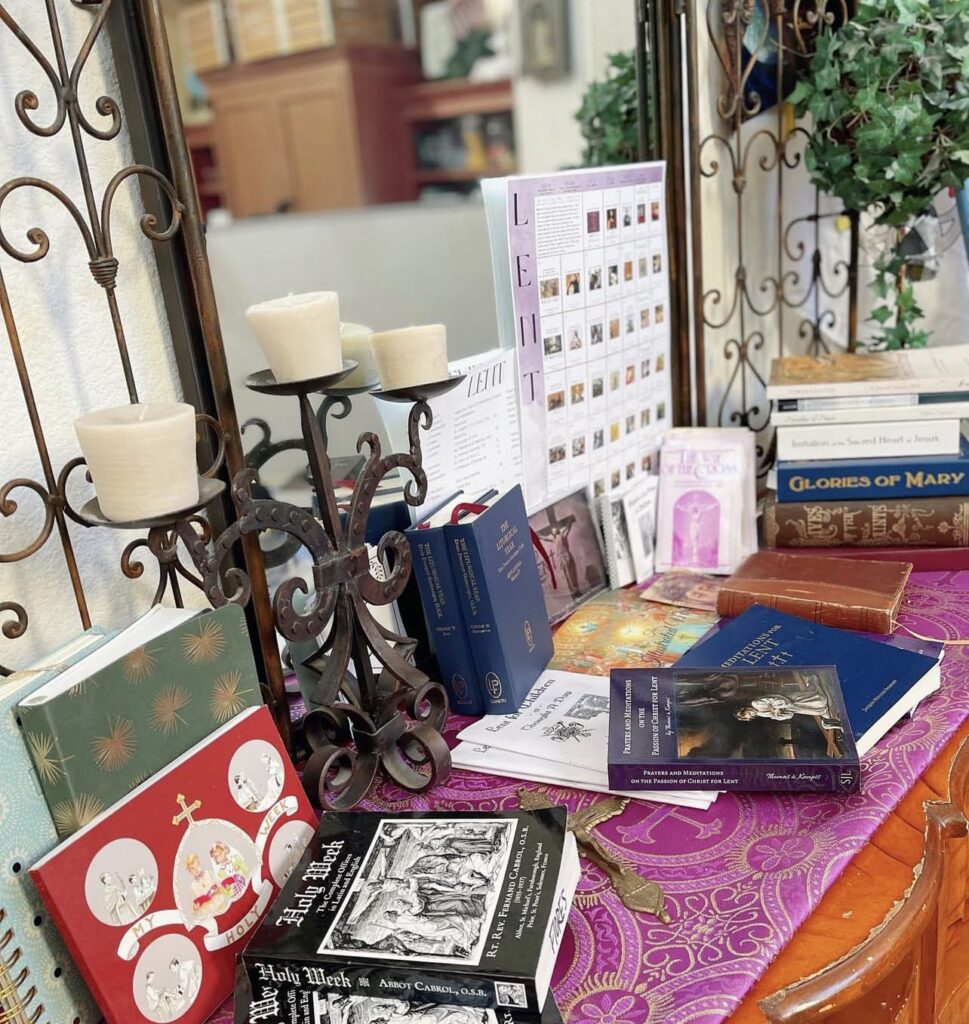
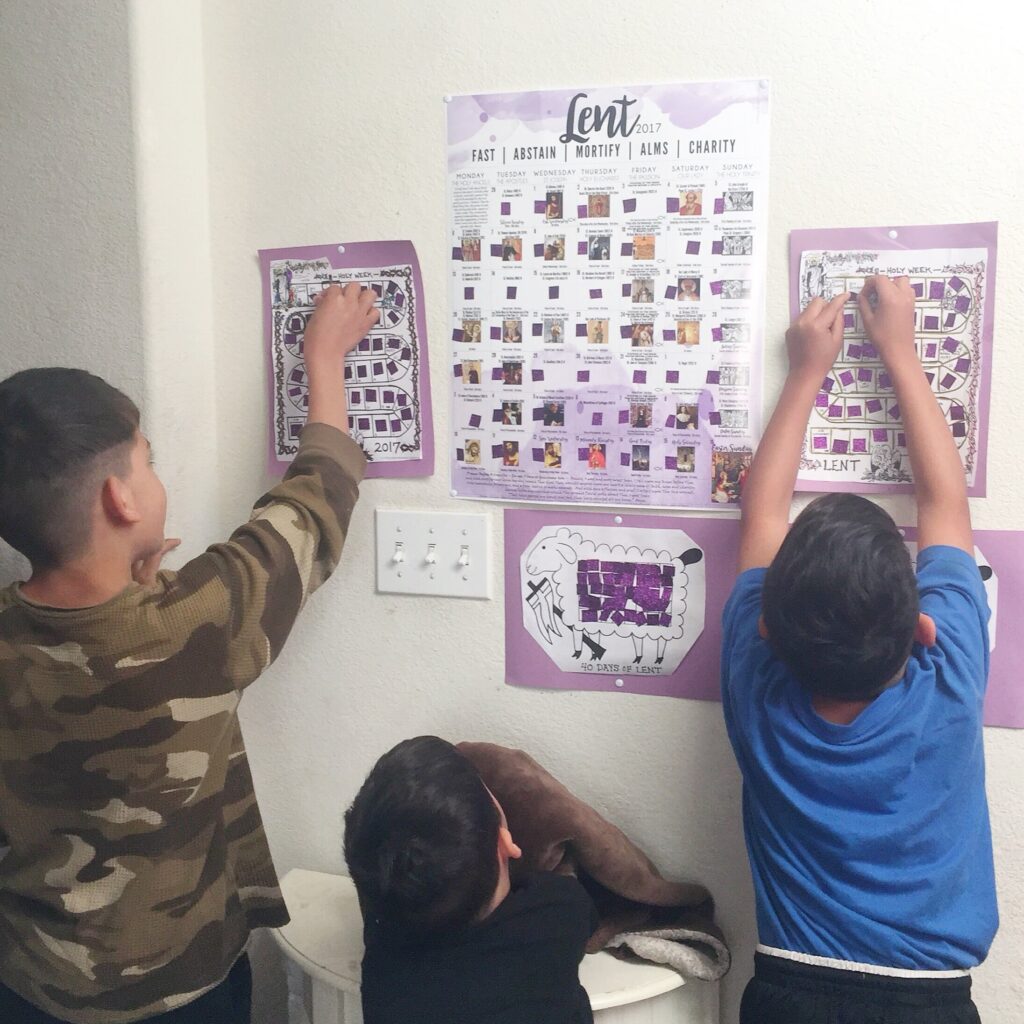
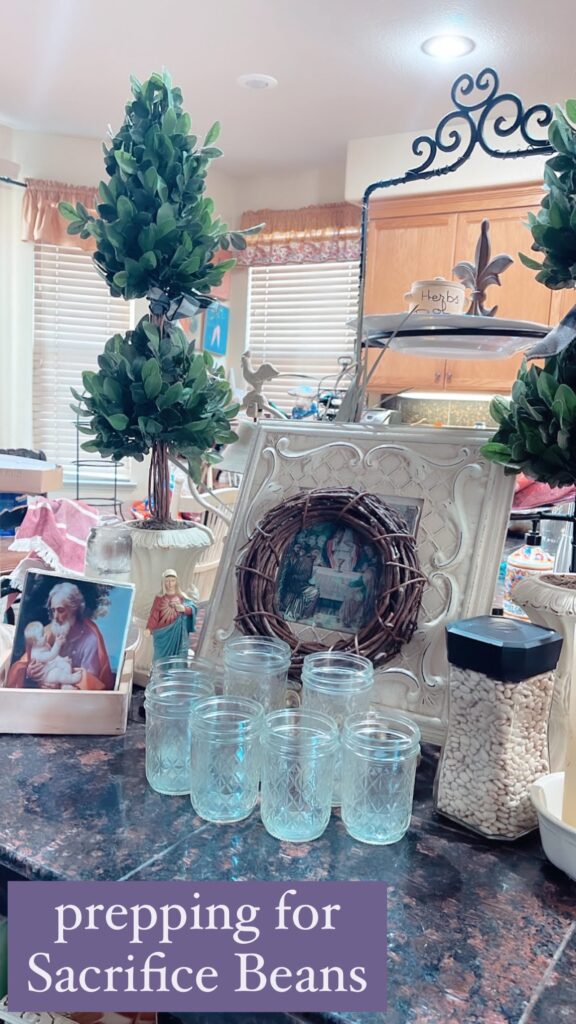

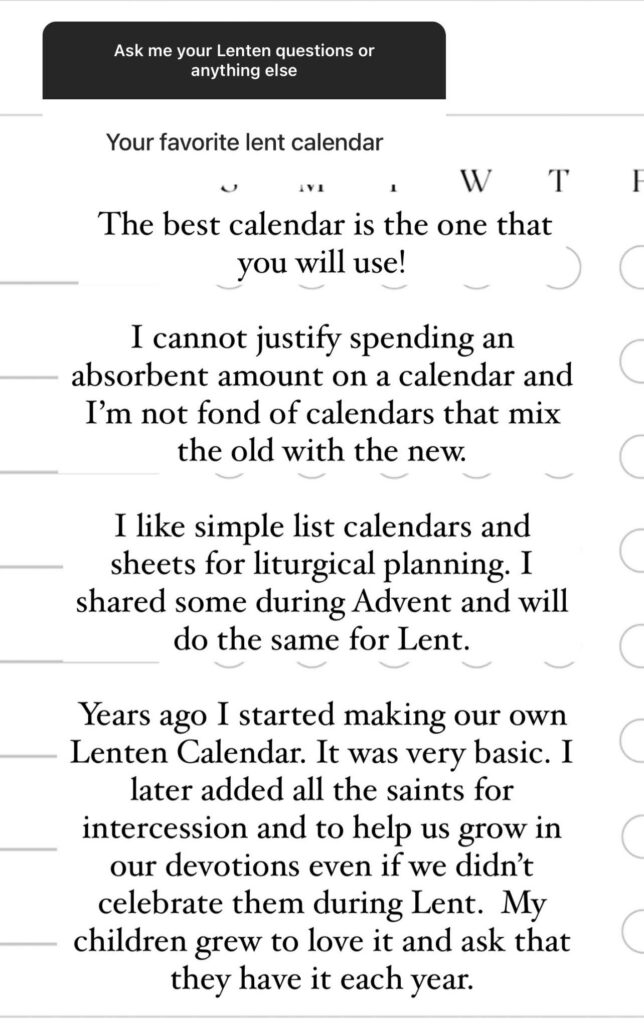
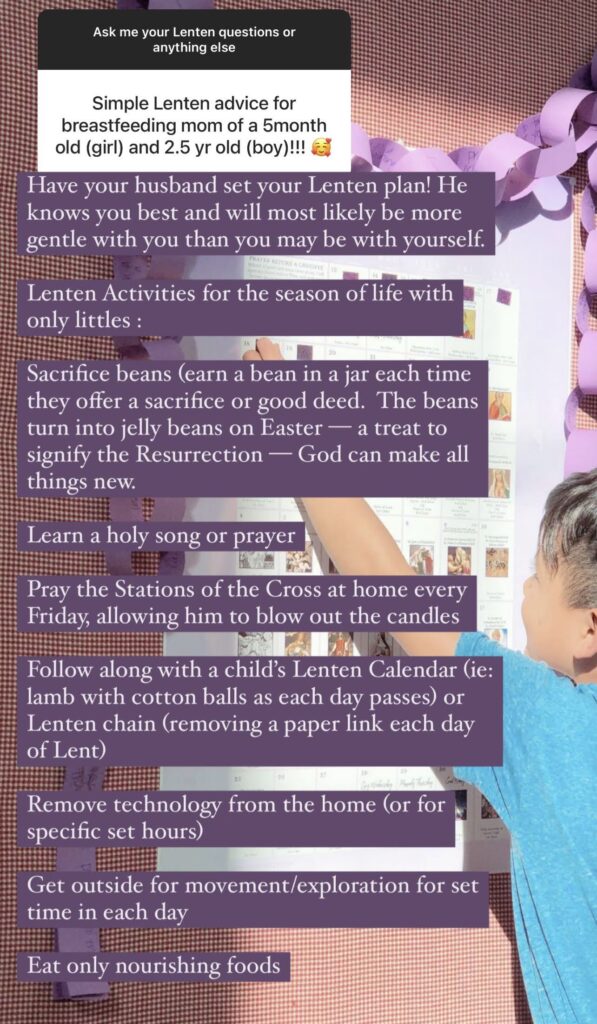
- « Previous Page
- 1
- …
- 5
- 6
- 7
- 8
- 9
- …
- 232
- Next Page »

